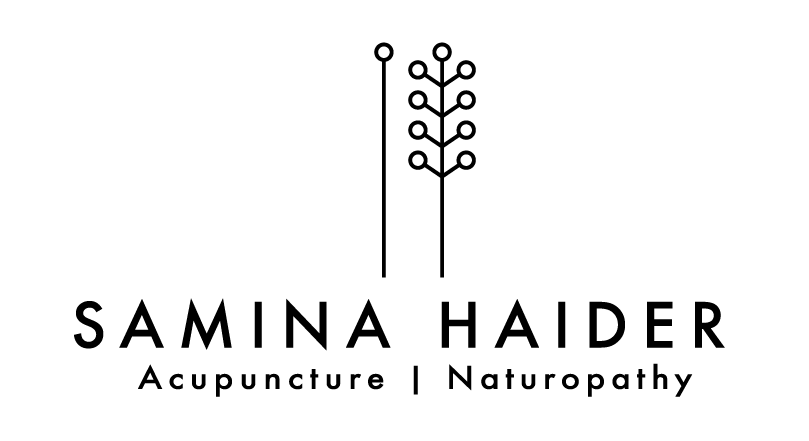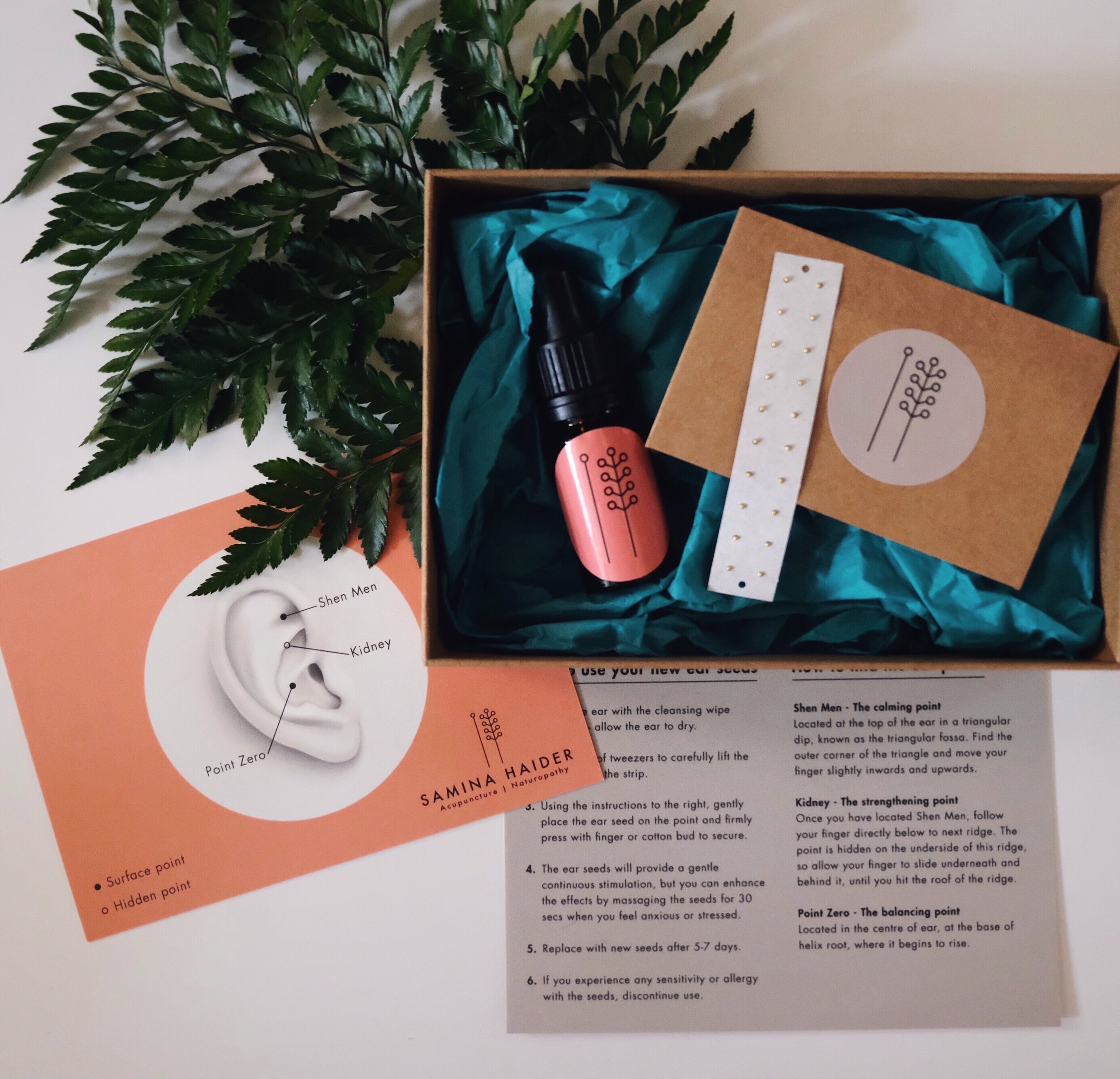Stress and Fertility - What's the connection?
Our brain is truly a remarkable feat of engineering. Ok, my mac can make pretty pictures, videos and lovely presentations, but can it control my ability to breathe or my ability to feel pain? Our brains are literally responsible for every bodily function, due to a highly complex network of neural pathways and feedback loop mechanisms that connects the brain to the rest of the body’s physiological systems.
One of the key feedback loop mechanisms involved in stress, is called the HPA (Hypothalamus Pituitary Adrenal) Axis . The stress response is actually broken down into two parts. The first part involves the ANS (Autonomic nervous system). The sympathetic branch of the ANS is responsible for the ’fight or flight stress response’, in which the body reacts to a perceived danger and releases the hormone adrenaline into the blood stream, causing physiological changes such as increased heart and pulse rate. When the brain determines there is no longer a threat, the parasympathetic branch of the ANS returns the body back to it’s normal state. The HPA axis works on the second stage of the stress response, which is slower and deals with longer term stress. When activated, it releases the stress hormone cortisol for several hours until an adequate level of protective cortisol has been achieved. At which point, the negative feedback loop communicates with the brain that all is ok, halting the release of cortisol, allowing the body to return back to it’s natural homeostatic balance. This healthy release of cortisol (known as Glucocortoid), helps regulate metabolism, blood pressure and supports healthy endocrine functions. It is also interlinked with the regulation of another axis called the HPG (Hypothalomo-pituitary-gonadal) Axis, which controls the healthy production of sex hormones needed for reproduction
So what happens when there is too much cortisol in our blood stream?
The HPA axis is highly responsive. If the brain continues to register stress, the HPA axis will continue to be activated and release cortisol. These elevated levels tells the brain that the body is still in ‘danger’, so directs energy resources only to the areas that the brain considers a priority. Unfortunately, what this means is that a number of negative physiological changes start to occur in the areas considered low priority in this type of situation - the reproductive system and our fertility being one of them.
Symptoms resulting from sustained stress can be mild to severe, ranging from fatigue, weight loss or gain, suppressed immune response, digestive problems, mental health problems, menstrual problems, insomnia, headaches, hair loss and low libido, to an increased risk of developing more chronic conditions such as heart disease, Type 2 diabetes, certain auto-immune conditions and of course - a potential for reduced fertility prospects.
Each of our individual circumstances vary so differently, as do our stress triggers. Sometimes certain stress triggers require big solutions to bring about change, but this is not always realistic. Thus the actual stress trigger and the stress response to it, needs to be dealt with in different ways. For instance, if you have a stressful senior position in a company, but you have bills to pay and mouths to feed, the opportunity to change jobs or careers might not be straight forward or financially viable. Or if you are quarantined because of lockdown, home schooling and trying to financially make ends meet, again the resolution to this scenario may not be clear cut. Our individual stress triggers may not always have an easy solution, therefore it is also really important to try to focus our efforts and attentions to how we physically respond to our stress and look at the ways in which we can reduce and calm this response.
Photo by Edu Lauton on Unsplash
So what can we do ?
Whilst there will be other contributing factors that we need to take into consideration when evaluating our reproductive health, stress more often than not will be an important piece of the puzzle, which is why finding ways to help reduce our stress levels is really important. On your first initial discussions with your GP or fertility specialist, you may have been told to to reduce your stress levels, but this recommendation is often quite vague, not very helpful and requires some additional research. So look no further - below is a sweet little list of some of most effective ways in order to help reduce stress, especially during lockdown.
Exercise. It’s been proven that exercise stimulates the release of endorphins - that feel good factor, which is super important for positive mental health. But we are all built differently, so not all types of exercise are going to be suitable for everyone, but consider the inclusion of exercise that is more nurturing and nourishing to your system such as yoga, brisk walking, tai chi, qi gong, rather than hi impact sports alone which tend to drain on our reserves, rather than build them up.
Food glorious Food. If you are trying to reduce your stress levels in preparation for planning a family, then some dietary changes are likely to be needed. We are not talking about a calorie deficit diet here, but more over a diet that is full to the brim of nutrient dense, fortifying foods such fresh fruit and vegetables, protein, nuts and seeds full of essential fatty acids, plenty of water, but that is low in refined carbohydrates and sugar.
Avoid stimulants. This covers a whole range of stimulants, but for the purpose of this piece, I have focused on the two most commonly available - coffee and alcohol. Both stimulants aggravate the stress response, which can give rise to heightened anxiety, increased heart rates and palpations and poor sleep. If the idea of going without your morning cup of joe, sends your heart racing then consider swapping over to decaf which may help. There is also quite a market for ‘alcohol free drinks’ that expand beyond standard sugary fizzy drinks or fruit juice, so may help with this transition.
And let’s not forget our little needle friends - Acupuncture! I know I’m biased, but there is an abundance of scientific research and studies into the effectiveness of acupuncture on reducing stress and anxiety, so is definitely worth considering. The effect of acupuncture on stress and anxiety is well documented due to its effect on regulating the para-sympathetic nervous system, hormones and neurotransmitters such as serotonin, noradrenaline and dopamine which changes the brain's mood chemistry to help to relieve negative states, such as depression. By regulating the HPA axis, it also contributes to a reduction of serum levels of cortisol and a down regulation of stress areas of the brain, which have been identified through MRI scans. But it’s not just needles. There are a various of modalities that degree level trained acupuncturists like myself use to help treat stress, including moxibustion, acupressure, ear seed therapy, cupping and gua-sha therapy, so it always worth speaking to your local acupuncturist about how they could help you, especially during lockdown.* I am also a trained naturopath, so often combine additional naturopathic modalities such as Bach Flower therapy within my treatments for stress and anxiety. Visit my website to find out more.
Spend time outdoors. Being out and about, connecting with mother nature, can be incredibly grounding and can really help centre oneself, especially if you are feeling particularly stressed and anxious. Even the simple act of removing your shoes and socks and walking bare foot on clean dry grass, can be very effective in helping us connect with the earth and create a state of mindfulness - but just be mindful of anything un-savory on the ground, whilst your feet are out.
Clean sleep routine. Creating a clean sleep routine can also be extremely beneficial to reducing stress levels - (check out my previous blog post which gives some super helpful tips on creating a better sleep habits.)
Little boxes of calm, containing a unique Bach Flower remedy blend and 24 carat gold acupressure ear seeds, to help calm, relax and balance our system. Email hello@saminahaider.com for more details.
Alternative therapies. We are extremely lucky to live in a world that has access to different treatments and modalities to help combat stress. So if acupuncture isn’t your thing, then there are other therapies available. From EFT (Emotional Freedom Technique), Reiki and sound healing, through to more traditional forms of talking therapies, there is a myriad of choices available for all individual needs and budgets. I have been lucky enough to try some of these therapies out over the years, so have listed a few practitioners that come tried and tested, all South London based.
EFT - Francesca Rodgers
Reiki - Becca Pankhurst
Sound healing - Alicia Davies
I hope that you have found this blog post helpful, in order to breakdown and understand the fertility and stress response connection.
If you have any questions, please visit my website for more information on fertility acupuncture in London, or feel free to email me on hello@saminahaider.com
Hope to see you here again soon!
*As of June 2020, some acupuncture clinics are slowly starting to re-open for urgent care, with full normal practice resuming once given the go ahead from our governing body. Please speak directly to your acupuncturist for more details.
References
Whirledge S, Cidlowski JA. Glucocorticoids, stress, and fertility. Minerva Endocrinol. 2010;35(2):109‐125.
Arranz L et al. Effect of acupuncture treatment on the immune function impairment found in anxious women. American Journal of Chinese Medicine. 2007;35(1):35-51
Lee B et al. Effects of acupunctureon chronic corticosterone-induced depression-like behaviour and expression of neuropeptide Y in rats. Neuroscience Letters 2009;453: 151-6.
Park HJ et al. Electroacupuncture to ST36 ameliorates behavioral and biochemical responses to restraint stress in rats. Neurol Res 2010; 32 Suppl 1: 111-5.
Wang, Shao-jun, Jiao-jiao Zhang, Li-li Qie, and Shao-Jun Wang. “Acupuncture relieves the excessive excitation of hypothalamic-pituitary-adrenal cortex axis function and correlates with the regulatory mechanism of GR, CRH and ACTHR.




